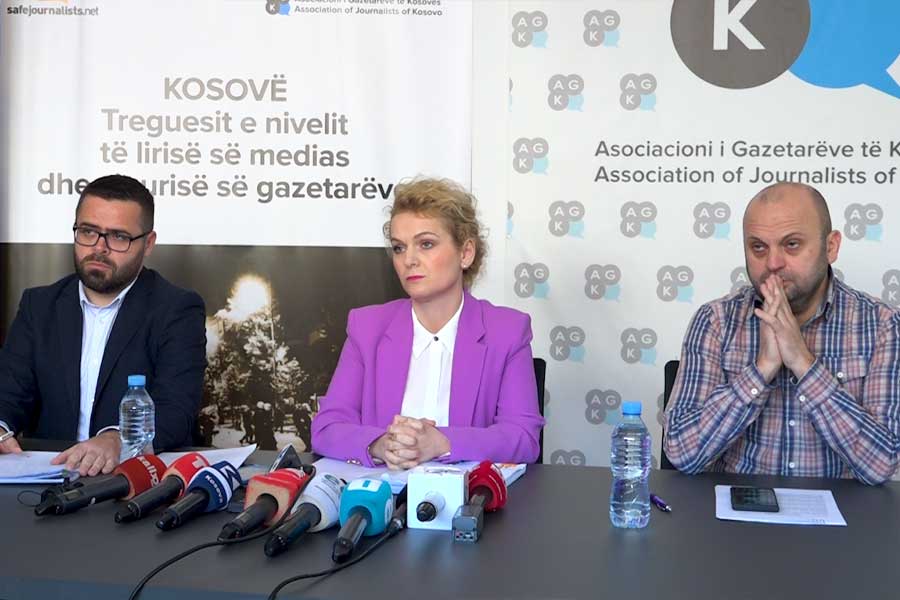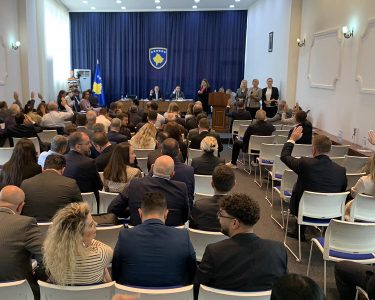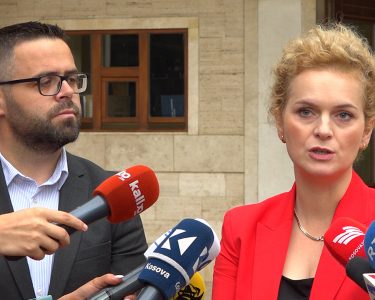The Association of Journalists of Kosovo (AJK) and the Press Council of Kosovo (PCK) have reacted to the Draft Law on IMC, saying that the legal proposal, for the first time in the new history of Kosovo, radically changes the way online media are regulated that publish videos, from the system of self-regulation to state regulation, forcing them to undergo the state licensing procedure.
This draft law obliges online media that wants to publish video will have to apply for permission to the Independent Media Commission (IMC) if the draft law is approved in the Assembly where it has been sent for approval by the Government in January 2024.
AJK and IMC say that the legal changes, which are justified in the name of the alignment of local legislation with the European one, are contrary to the standards of the Council of Europe (CoE) and the Organization for Security and Cooperation in Europe (OSCE).
The chairman of AJK, Xhemajl Rexha, said that they see these changes as a new attempt by the current government to attack the media with a tendency to control them, because it is foreseen for the IMC to control, monitor and punish them, including the need to be licensed separately.
The media rights lawyer, Flutura Kusari, said that for the first time in the new history of Kosovo, the way of online media that publish videos is radically changed by the system of self-regulation, forcing the media to submit to state licensing.
The Executive Director of PCK, Imer Mushkolaj, emphasized that the purpose of the draft law is precisely to weaken the press media.
AJK and PCK are prepared to inform the Council of Europe, the OSCE, the European Parliament and other institutions.
Otherwise, the main proposed legal changes are that online media will be subject to state licensing and control by the IMC; online media, which operate as non-governmental organizations, will be forced to open companies to meet licensing requirements; online media will be forced to register in the Register of online media, which will be managed by the IMC; online media will have to obtain permission from IMC in case of a change of ownership over 10%; online media will be subject to the regime of sanctions with fines of up to 40,000 euros; IMC will have 11 members and not seven, as it currently has; members of the IMC will no longer have staggered terms of two, three and four years, but a term of four years with the possibility of re-election for another term. /A. Shala/








